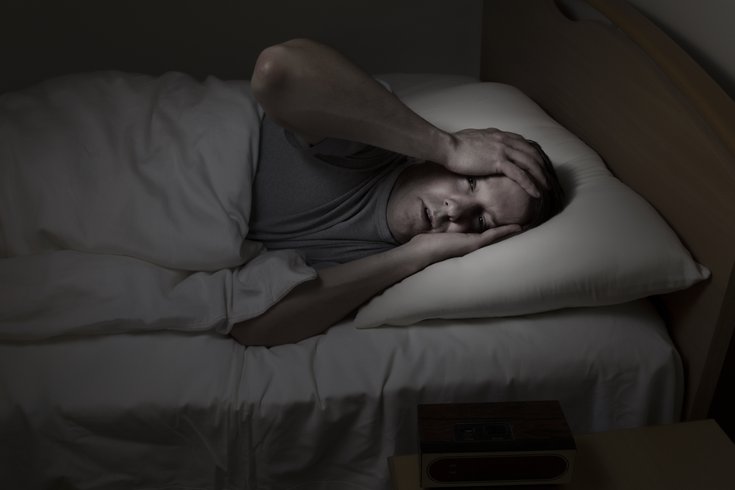
December 08, 2021
 Peggy Marco/Pixabay
Peggy Marco/Pixabay
Marijuana use may cause sleep disruptions, new research suggests. Researchers found that people who had used cannabis in the past 30 days were 34% more likely to say they weren't getting enough sleep and 56% more likely to report getting too much sleep.
Smoking marijuana has long been thought to improve sleep, but new data suggests this might not actually be the case.
In a study led by the University of Toronto, researchers found that participants who had used cannabis in the past 30 days were 34% more likely to say they weren't getting enough sleep, and 56% were more likely to report getting too much sleep.
Participants were also 31% more likely to report difficulties falling or staying asleep in the past two weeks.
The U.S. Centers for Disease Control and Prevention recommends that adults get at least seven to eight hours of sleep a night. Too much or too little shut eye has been shown to increase risk of heart attacks and strokes, as well as a host of other health issues.
The study, published in Regional Anesthesia & Pain Medicine, used data from the 2005 to 2018 U.S. National Health and Nutrition Examination Survey. Almost 22,000 people were included in the analysis, with 14.5% reporting cannabis use during the previous month.
Further analysis of the data showed that those who used marijuana less than 20 of the past 30 days were 47% more likely to sleep too much – more than nine hours a night. However, those who used it at least 20 of the past 30 days were 64% more likely to get too little sleep and 76% more likely to get too much sleep.
Dr. Karim Ladha, an anesthesiologist in the University of Toronto's department of anesthesia and pain medicine, told U.S. News & World Report that their findings suggest a particular dose response relationship, although the study wasn't designed to prove marijuana caused sleep issues.
"The problem with our study is that we can't really say that it's causal, meaning we can't know for sure whether this was simply individuals who were having difficulty sleeping, and that's why they use the cannabis or the cannabis caused it," Calvin Diep, a resident in the department of anesthesiology and pain medicine at the University of Toronto, told CNN.
Previous studies have suggested that marijuana aids sleep the first one or two times someone uses it. But these studies were too short-term and small to draw any definite conclusions.
One 2018 clinical trial found that cannabidiol, a main component of marijuana, did not improve sleep at all.
Despite what the evidence indicates, surveys of medical marijuana users show that they believe it is helping them sleep better.
This belief may be the result of the withdrawal effects of marijuana, Dr. Bhanu Prakash Kolla, a sleep medicine specialist at the Mayo Clinic, told CNN. When people stop using marijuana, they can experience sleep disruption, leading them to believe marijuana was helping them sleep.